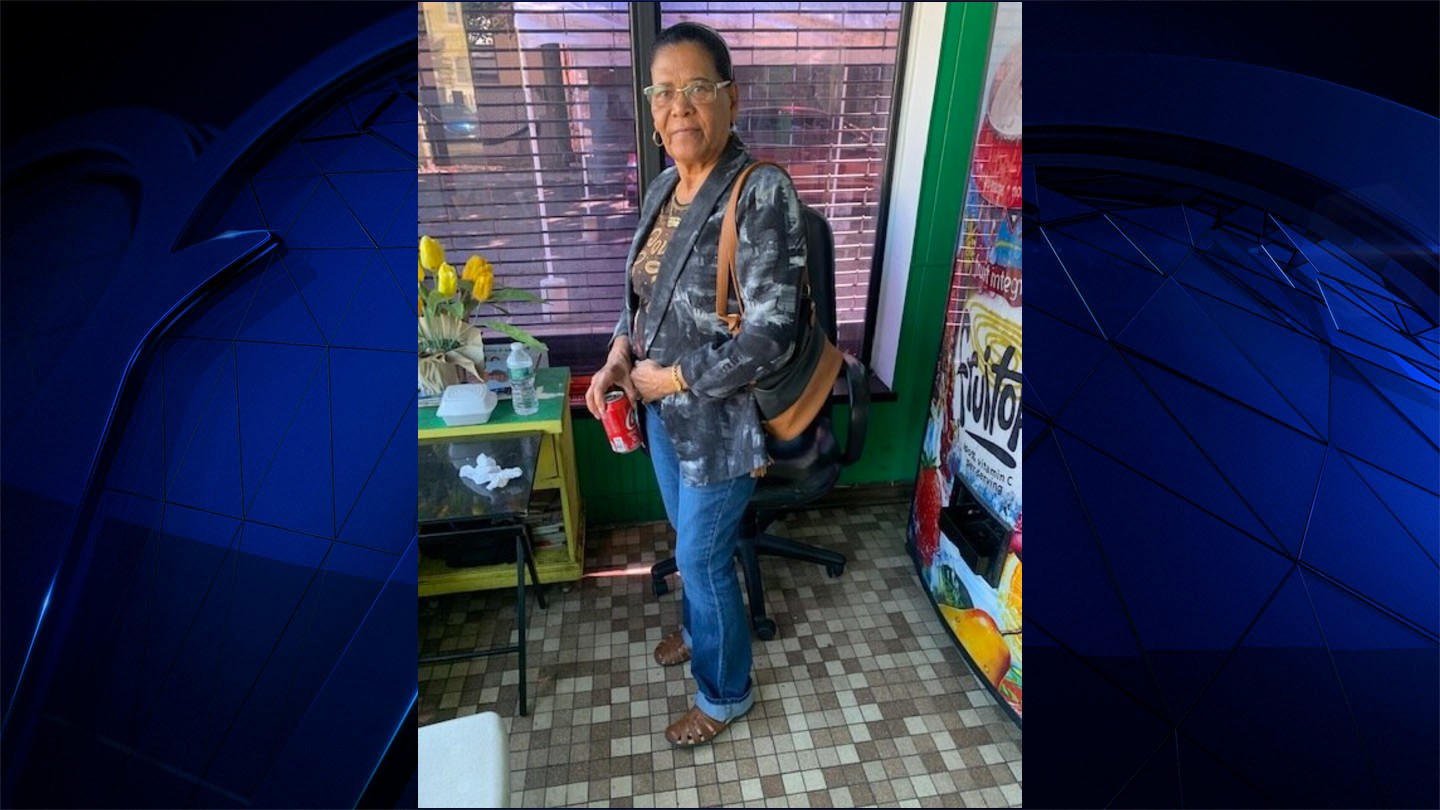It’s a business concept born at a doctor’s office.
Boston mom Tracy Skelly was checking off a list of foods her young daughter was eating when she noticed the selections were limited to basic items like apples and peas.
“My family is from Central America by way of the Caribbean and so when my daughter was old enough to eat, my mom and aunts were making her cornmeal porridge, cassava, plantains," Skelly said.
When she told doctors that she wasn’t feeding her child just these foods, their response took her by surprise.
“That’s why we have an 'others' box,” Skelly said they told her.
It was in that moment that Skelly said she knew change was needed.
Get Boston local news, weather forecasts, lifestyle and entertainment stories to your inbox. Sign up for NBC Boston’s newsletters.
“We’re not the only immigrants in this country," Skelly said. "In fact, 51% of people in this country identify as something other than white. So why are we still the others box?”
Skelly became determined to find a way to bring the foods her family and so many other families enjoy eating into the conversation. When trying to find more geographically and nutritiously diverse baby foods at the grocery store, she says the shelves came up empty.
She took matters into her own hands by making bigger batches of her daughter’s baby food -- and Little Cocoa Bean Co. was formed.
Skelly eventually moved the business into a local commercial kitchen space. But like any small business, it’ hard to prepare for the unexpected, especially when it comes in the form of a global pandemic.
“I was preparing for my final inspection hours and days into preparing my inspection paperwork and then COVID happened in March and the kitchen shut down," Skelly said.
Skelly hit a wall for months as she waited for answers. The delay turned out to be a blessing in disguise.
She realized there was so much demand for her food that she’d already outgrown the commercial kitchen space and would need to find a co-packer, another challenge made even more difficult by the pandemic.
“Where the entire country would have been open to me, I could have found a really great mid-sized co-packer in California before, but now I can’t get to them,” Skelly explained.
She is continuing to search for a co-packer but hasn’t stopped creating and growing. Skelly started producing baby food making kits and products and selling those items direct to consumers. She then uses that money to help fund the overall project.
“Our products are designed to give them the kit so if you never buy from us, just use our recipes that would be great. If you never buy our food, buy our spoons our plates our cups, all the things you’re going to need to support making your homemade baby food at home” she said.
The money also goes back into the community through nutrition classes and free baby food kits she distributes to help ensure everyone has equal access to healthy, real foods.
“Hearing things like ‘Your baby food at the grocery store is bad for you. It’s been sitting on the shelf for 2 years’ -- that message is fine, but it isn’t very inclusive, and it isn’t very culturally competent. It also doesn’t take into account that there a million of people in our country who don’t have the option to buy a $5 jar of baby food,” said Skelly.
She admits the journey is a tough one but said it has also been incredibly rewarding.
“It’s about celebrating and respecting your heritage and your cultural cuisine and your ancestry and that’s not necessarily going to be my ancestry and my cultural cuisine,” Skelly said.
The business owner said it has also been rewarding to learning she can handle whatever obstacle she’s faced with, all while making a difference along the way.
“Starting a busines; starting a business through a pandemic; starting a business while working full time; starting a business while you have children or a child at home, is not for the faint of heart," she said. "It’s not for the faithless -- but it is possible.”



